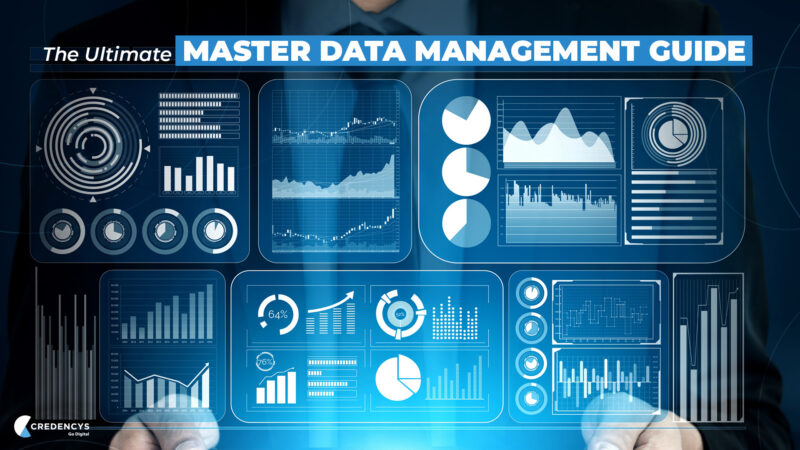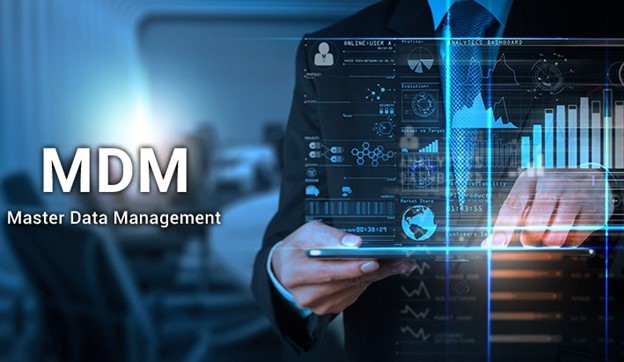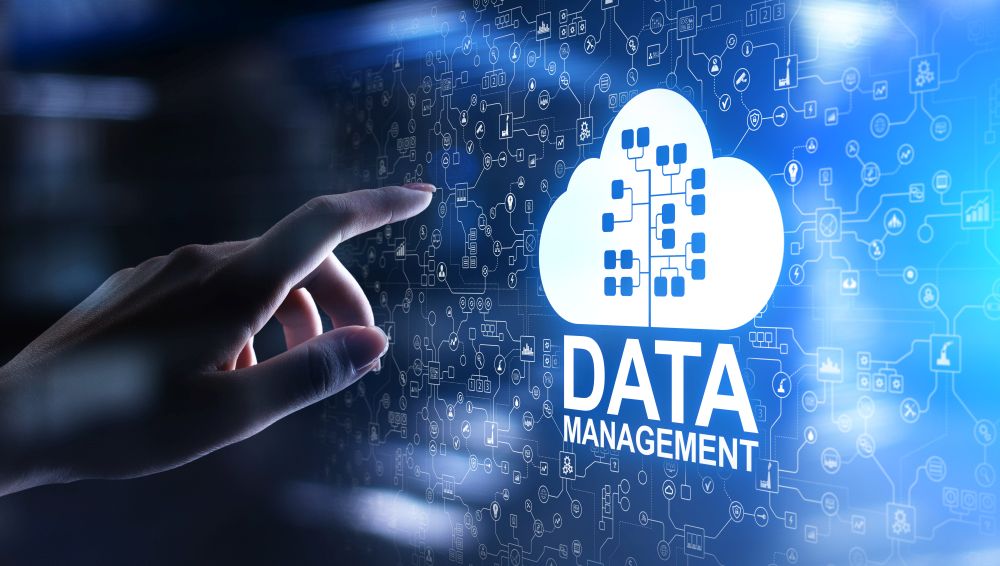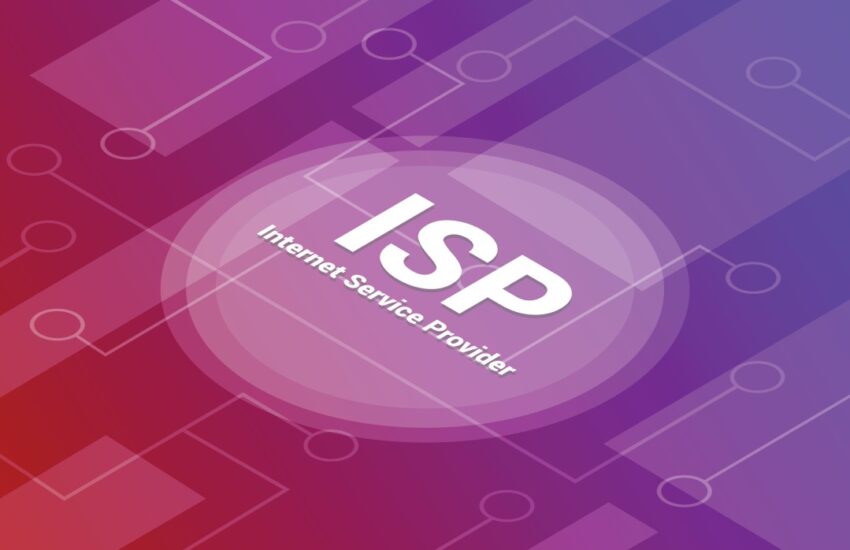Leveraging Technology And Tools For Efficient Data Governance In Master Data Management
The current business environment is highly competitive, and organizations are pressured to provide customers with exceptional service levels.
To remain a step ahead, organizations need to streamline their operations by leveraging technology for efficient data governance in Master Data Management (MDM).
Achieving this requires careful strategies and monitoring, but it’s worth the effort. Modernizing MDM through technological advances can help improve agility, reduce costs, facilitate compliance, and enhance customer satisfaction.
This blog post will discuss key strategies organizations should consider and best practices for successfully implementing data governance technologies.
What Is Data Governance, And Why Is It Important For Master Data Management (MDM)?

Data Governance is the set of practices in place for security, policies, and compliance. Master Data Management ensures that all-important business information is correct, consistent, and up-to-date. When these two practices merge together, they can create a powerful foundation for any organization.
In fact, without proper Data Governance, MDM can be flawed and inconsistent. Conversely, with well-managed governance, MDM can be streamlined, effective, and drive business success. Put simply, good data governance is critical for effective management and should be an integral part of any organization’s strategy.
The Benefits Of Leveraging Technology For Efficient Data Governance In MDM
With the increasing amount of information businesses must manage, leveraging technology can be the key to efficient data governance. Technology can automate management processes, streamline workflows, and improve it’s quality. In Master Data Management (MDM), data governance tools can be particularly useful in ensuring standardization and maintaining a single source of truth.
Using modern tools and techniques such as automated profiling, fuzzy matching algorithms, and machine learning, MDM teams can better understand their data, improve it’s quality and accuracy, and eliminate inconsistencies. Ultimately, the effective use of technology can help organizations achieve their MDM goals more quickly and efficiently.
How To Implement A Technology-Based Approach To Data Governance In MDM

With technology’s rapid growth, businesses face the challenge of effectively managing vast amounts of information. Organizations must handle information processing and analysis to ensure accuracy, security, and compliance. Implementing a technology-based approach to data governance can enhance it’s quality, mitigate risks, and enable better decision-making. Prioritizing data governance as an essential element of the MDM strategy facilitates it’s value and governance.
Common Challenges And Pitfalls That Can Arise When Implementing A Technology-Based Approach
Implementing a technology-based approach can be a game-changer for an organization, but it can also come with its fair share of challenges and pitfalls. One common obstacle is the resistance to change from employees who are used to traditional methods.
This can lead to a lack of adoption and low engagement. Another challenge is the reliance on technology itself. If the technology fails or becomes unstable, it can hinder the operation. Additionally, failing to train employees to use the new technology properly can lead to frustration and mistakes.
Finally, implementing new technology can be a hurdle, with unexpected expenses and ongoing maintenance. Considering these challenges and planning accordingly is important to ensure a successful digital transformation.
Best Practices And Strategies To Achieve Successful Data Governance In MDM

More organizations are adopting data governance practices to manage it effectively. Master Data Management is a complex process requiring a solid governance framework for success.
Establishing clear data ownership, implementing data standards and policies, training employees, implementing quality controls, and leveraging technology are essential strategies. These practices build a foundation for effective decision-making and business growth.
The Future of Technology-Driven Data Governance in MDM
As technology advances rapidly, it will greatly impact data governance in Master Data Management. Companies are adopting technology-driven solutions to improve data management’s speed, accuracy, and efficiency. The future of MDM will rely on emerging technologies like AI, machine learning, and automation.
These technologies streamline data governance and manage complex data sets. Technology-driven solutions will play a crucial role in shaping the future of MDM as companies optimize their data management strategies.
Final Thoughts
The importance of understanding and leveraging technology for efficient data governance in MDM should be clear. Data governance processes are vital to ensure reliable and effective stewardship, along with continued regulation. Organizations can gain an edge by utilizing automated workflow, security controls, data audits, and policy enforcement techniques.
Moreover, comparing common challenges and best practices can minimize the total cost of ownership associated with these projects. The future of technology-driven data governance is ongoing, with more processes being automated and closely monitored.



